 “We’re Better Together” The 31st Annual Dr. Martin Luther King, Jr. Birthday Celebration in Tacoma will once again bring the community together to celebrate Monday, January 21, 2019 as a day on, not a day off.
“We’re Better Together” The 31st Annual Dr. Martin Luther King, Jr. Birthday Celebration in Tacoma will once again bring the community together to celebrate Monday, January 21, 2019 as a day on, not a day off.
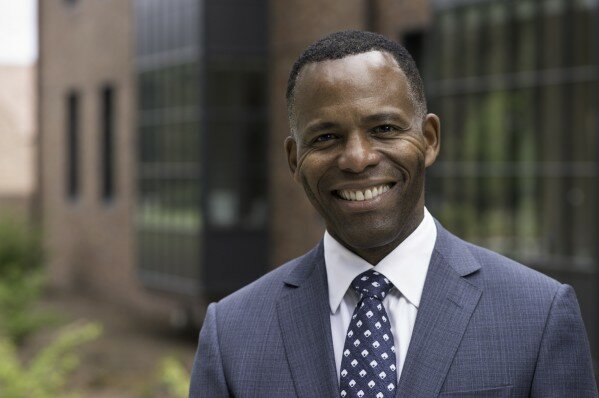
Event Details
January 21, 2019
10 AM – Doors open for Community Outreach Fair
11 AM – Program begins
Greater Tacoma Convention Center
1500 Commerce Street
Tacoma, WA 98402
Map and Directions
Available Parking
There is free holiday on-street parking and free parking at Freighthouse Square (2501 E. D Street). Freighthouse Square is easily accessible via the LINK Light Rail and stops at the Convention Center. There will also be signage directing event attendees to designated complimentary parking stalls that will be made available on a first-come, first-served basis at the Greater Tacoma Convention Center.
City Events and Recognition Committee
The Annual Martin Luther King, Jr. Birthday Celebration program is spearheaded by a City Council-appointed City Events and Recognition Committee. The Committee is comprised of local community leaders from a broad array of backgrounds and areas of expertise.
The City Events and Recognition Committee serves as an advisory and action committee on matters pertaining to City-hosted events and special recognition programs. Members are responsible for planning, reviewing and evaluating events, engaging the community in its fundraising efforts, and soliciting corporate and private sponsorships to leverage funds for City-hosted events such as the Annual Martin Luther King, Jr. Birthday Celebration and the City of Destiny Awards.
About President Dr. Isiaah Crawford – University of Puget Sound
 A distinguished scholar, teacher, and college administrator,Isiaah Crawford became president of University of Puget Sound on July 1, 2016, following an extensive national search. Crawford’s academic work and achievements as a senior administrator are closely aligned with the values and aspirations of Puget Sound, and with the key areas of challenge and opportunity facing higher education today.
A distinguished scholar, teacher, and college administrator,Isiaah Crawford became president of University of Puget Sound on July 1, 2016, following an extensive national search. Crawford’s academic work and achievements as a senior administrator are closely aligned with the values and aspirations of Puget Sound, and with the key areas of challenge and opportunity facing higher education today.
Crawford came to Puget Sound following service as provost and chief academic officer of Seattle University (2008–16), where he directed the Division of Academic Affairs and oversaw the university’s schools and colleges, libraries, enrollment, information technology, institutional research, and offices supporting student academic achievement, faculty affairs, and global engagement.
Key areas of focus during his service to Seattle University included strategic planning; strengthening shared governance; securing grants and other gifts in support of fundraising objectives; supporting teaching, research, and service activities of the faculty; and establishing the Center for Environmental Justice and Sustainability, the Institute for Catholic Thought and Culture, and the School of New and Continuing Studies, which began operation in academic year 2015–16. Working with university leadership, he participated in the development of more than $200 million in key facilities projects, including renovation of the library and establishment of a learning commons; a new residence hall; a new fitness center and remodeled intramural athletic field; the School of Law annex; an admission and alumni center; and planning for a new science facility.
From 2004 to 2008, Crawford was dean of the College of Arts and Sciences at Loyola University Chicago, where he joined the faculty of the Department of Psychology in 1987 as an assistant professor and through the years was tenured and promoted to the rank of professor in 1999. He taught courses in psychology of personality, human sexuality, addictive behavior, human diversity, and minority mental health. He also served as graduate program director of the clinical psychology doctoral program (1994–97), Department of Psychology chair (1997–2003), and interim dean of the College of Arts and Sciences (2003–04).
A licensed clinical psychologist, Crawford earned his bachelor’s degree from St. Louis University, and master’s and doctoral degrees in clinical psychology from DePaul University, where his research focused on personality theory and community psychology. He completed a pre-doctoral clinical psychology internship at the San Francisco VA Medical Center; worked as a clinical specialist at Charter Barclay Hospital and staff therapist at DePaul University Community Mental Health Center; and maintained a private clinical practice in Chicago from 1987 through 2002.
A recipient of national awards, including three from the American Psychological Association, he has been published in numerous scholarly journals over the past 30 years—including, most recently, the Archives of Sexual Behavior, Journal of Homosexuality, Journal of Child and Family Studies, AIDS Care, and Journal of Psychology & Human Sexuality—on topics including post-traumatic stress, racial inequality, HIV/AIDS, sexual abuse, visual impairment, poverty, depression, and more. Crawford has served on the editorial boards of professional publications, including the International Journal of Sexual Health, Journal of Visual Impairment & Blindness, and Journal of HIV/AIDS Prevention & Education for Adolescents & Children. He serves on the board of directors for the National Association of Independent Colleges and Universities, The Annapolis Group, Independent Colleges of Washington, and the Northwest Conference, as well as the Tacoma Art Museum, Seattle Symphony, Providence St. Joseph Health (chair, Work/Life Committee), Providence Health Plan (chair, Governance Committee) and The ROPA Corporation (St. Louis).
Crawford’s numerous other activities include serving on the board of directors for Swedish Health Services (2010–12), AIDS Foundation of Chicago (1994–08; board president, 2004–06), and Horizons Community Center (1988–92). He is former president of the Clinical Psychologists Licensing and Disciplinary Board of the Illinois Department of Professional Regulation, and previously served on the national advisory board of the Sexual Orientation and Gender Institute (2006–08), National Institutes of Health Panel Review–AIDS and Related Research (1999–2002), and various roles with the American Psychological Association.

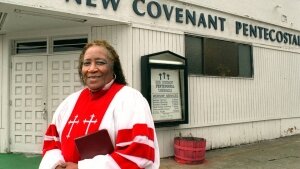 Celebrating The Life Of Dr. Edna Travis
Celebrating The Life Of Dr. Edna Travis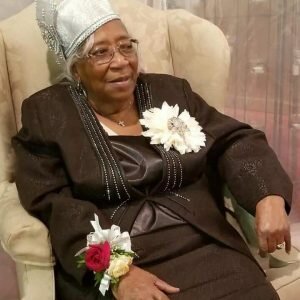 My Heart is hurt but My soul rejoiced to know that a Queen is seating in her throne next to our King, our Lord, and our Savior. Doctor Edna Travis was so much to so many people. She will be more than missed. My heartfelt condolences and praises go out to all of the family, friends, and followers of Pastor Edna Travis.
My Heart is hurt but My soul rejoiced to know that a Queen is seating in her throne next to our King, our Lord, and our Savior. Doctor Edna Travis was so much to so many people. She will be more than missed. My heartfelt condolences and praises go out to all of the family, friends, and followers of Pastor Edna Travis.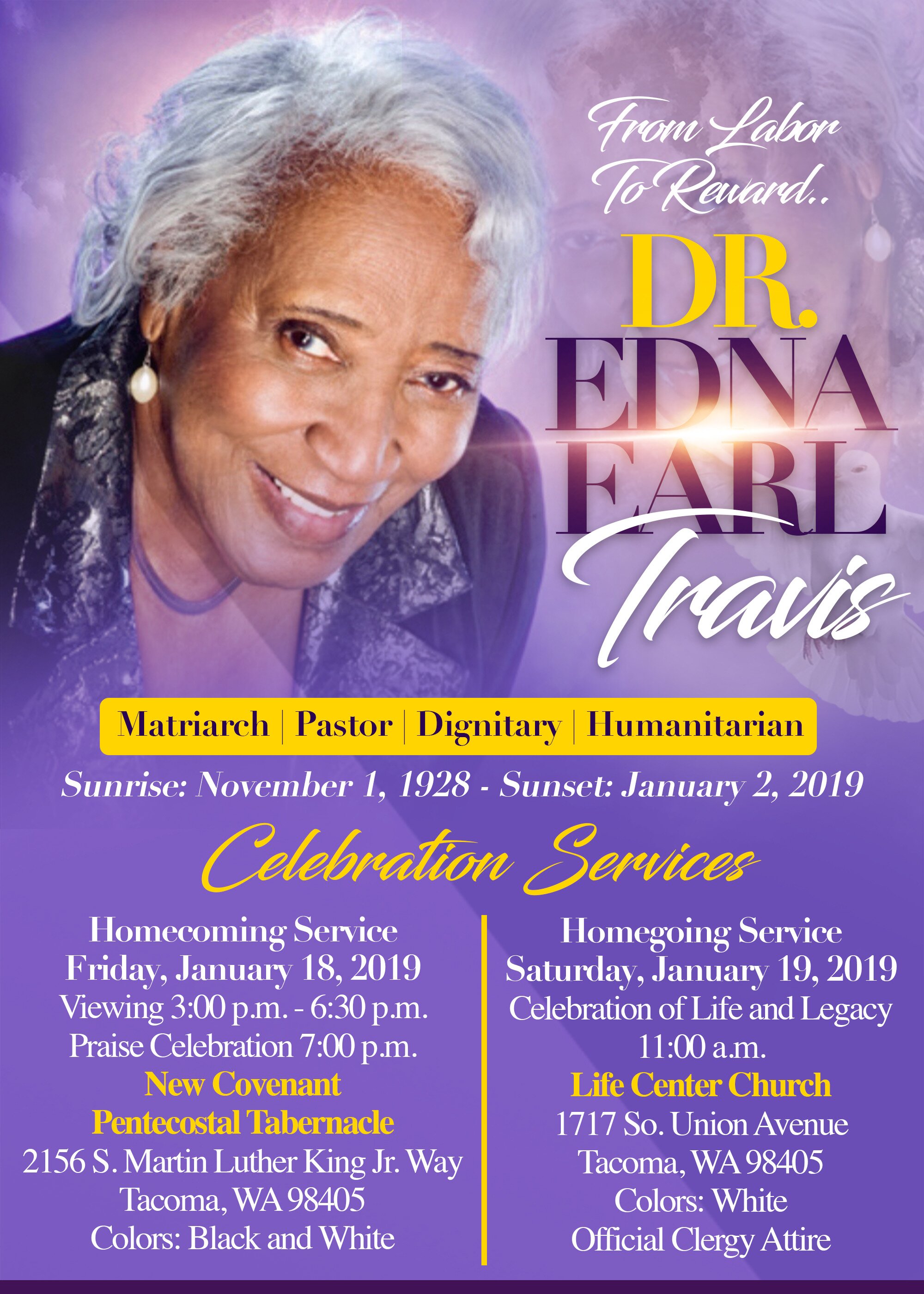
 the story told to and written by: David Bash
the story told to and written by: David Bash Rev. C. Floyd Emerson shares stories about dealing with joys
Rev. C. Floyd Emerson shares stories about dealing with joys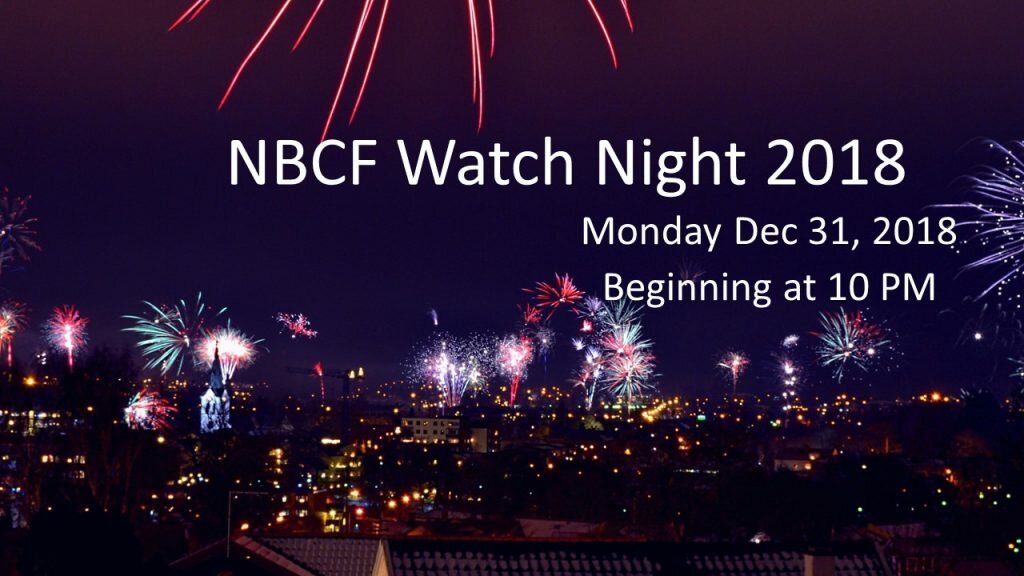 Monday, December 31, 2018
Monday, December 31, 2018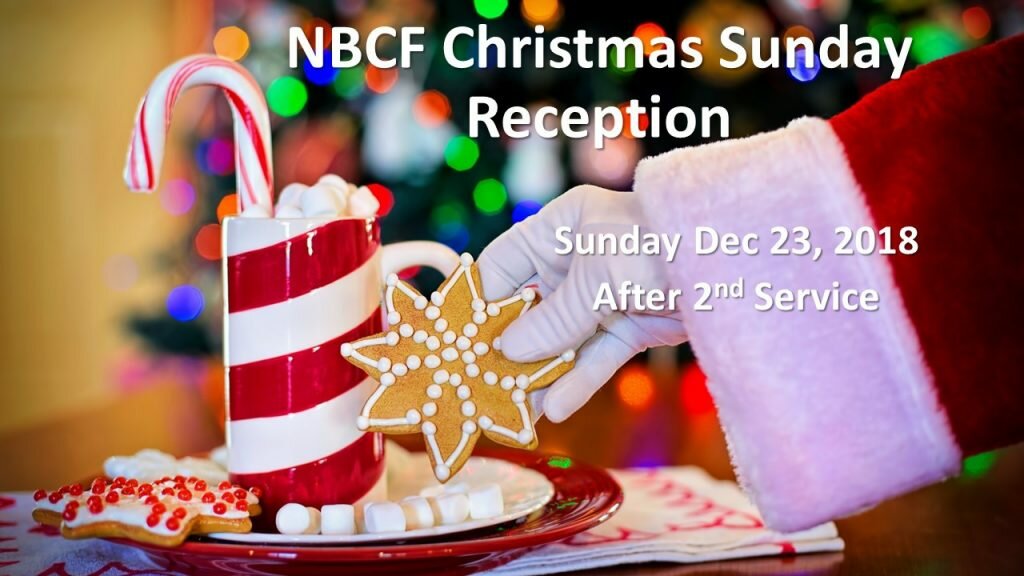 Sunday, December 23, 2018
Sunday, December 23, 2018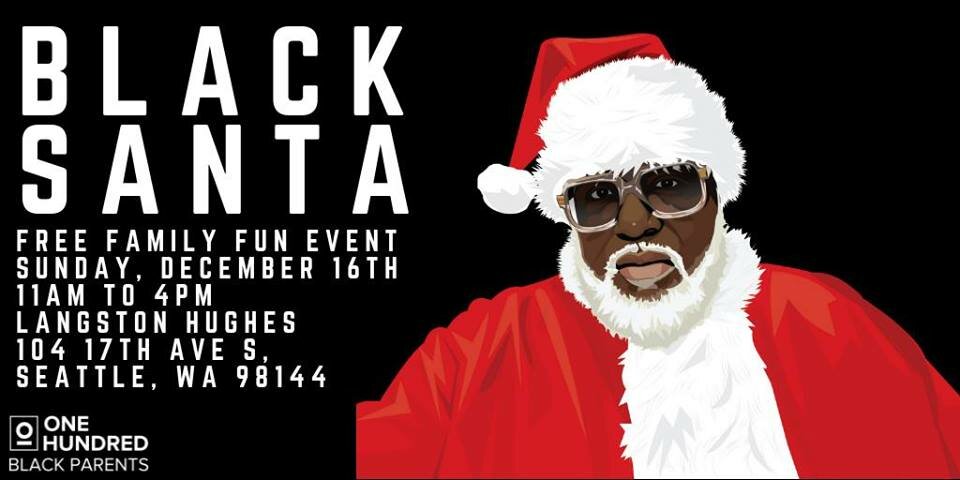
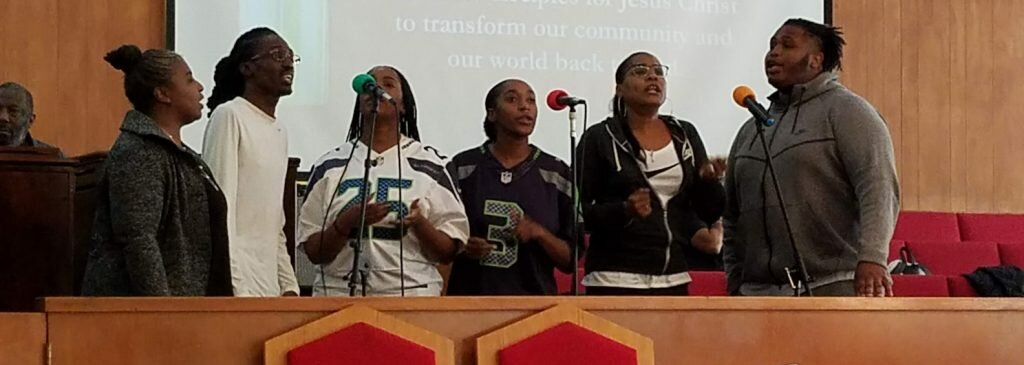 Want the opportunity to sing with a community Gospel Choir? Well, here’s your chance!
Want the opportunity to sing with a community Gospel Choir? Well, here’s your chance! Seattle Well-Being, a powerful approach to healing using the power of talk therapy and hands-on bodywork, has officially launched its all-new studio and website. Founded by Universal Medicine Therapies practitioner Deborah Savran, Seattle Well-Being aims to help individuals suffering from a myriad of life challenges. Savran previously owned a studio in Minneapolis, Minnesota that helped change the landscape of healing in the city. She now aims to bring that same approach to Seattle.
Seattle Well-Being, a powerful approach to healing using the power of talk therapy and hands-on bodywork, has officially launched its all-new studio and website. Founded by Universal Medicine Therapies practitioner Deborah Savran, Seattle Well-Being aims to help individuals suffering from a myriad of life challenges. Savran previously owned a studio in Minneapolis, Minnesota that helped change the landscape of healing in the city. She now aims to bring that same approach to Seattle.